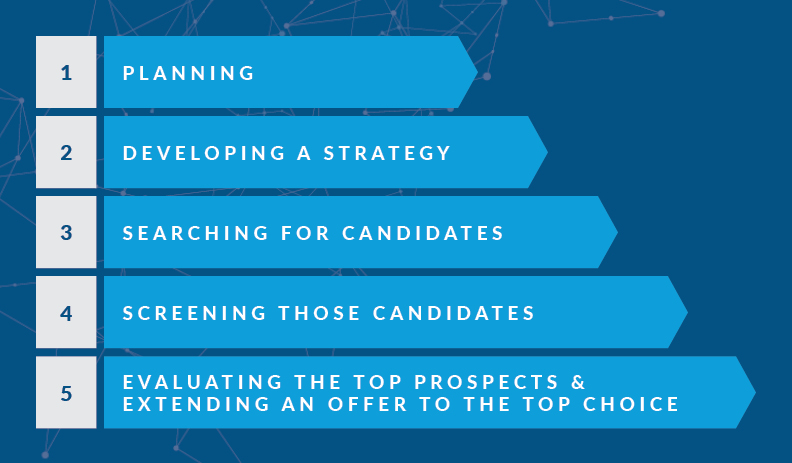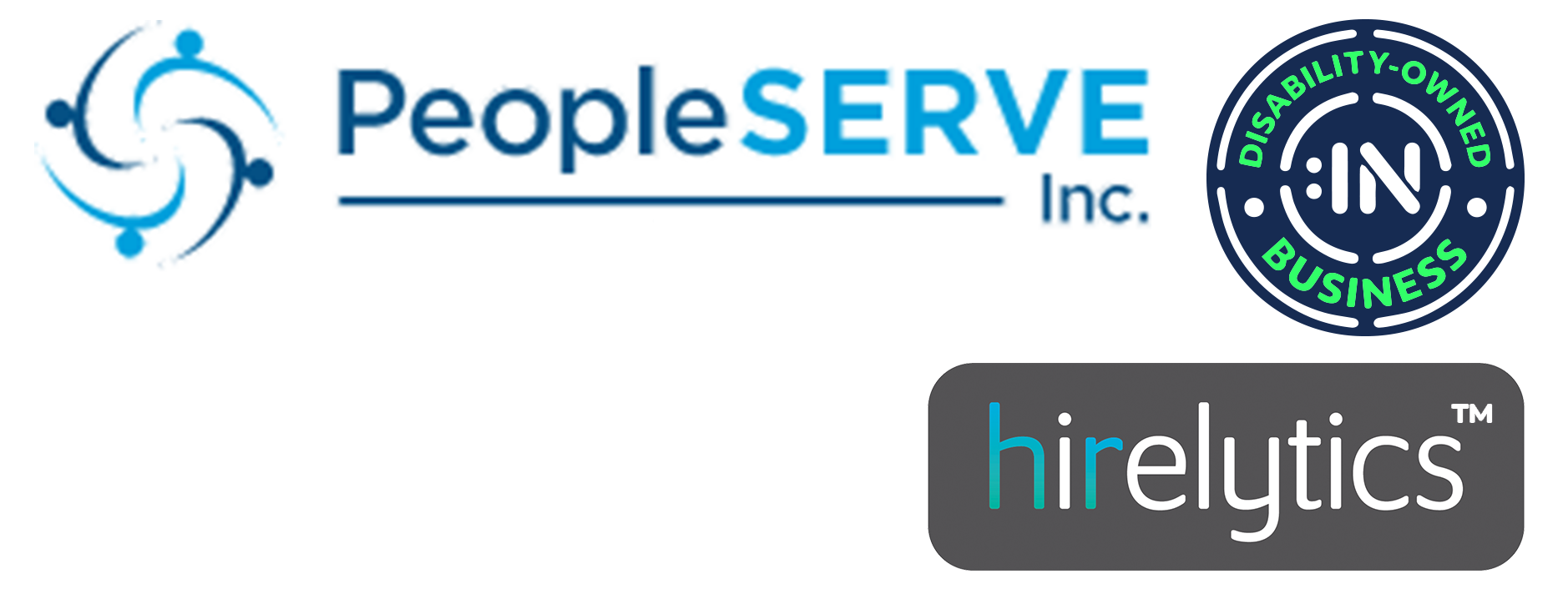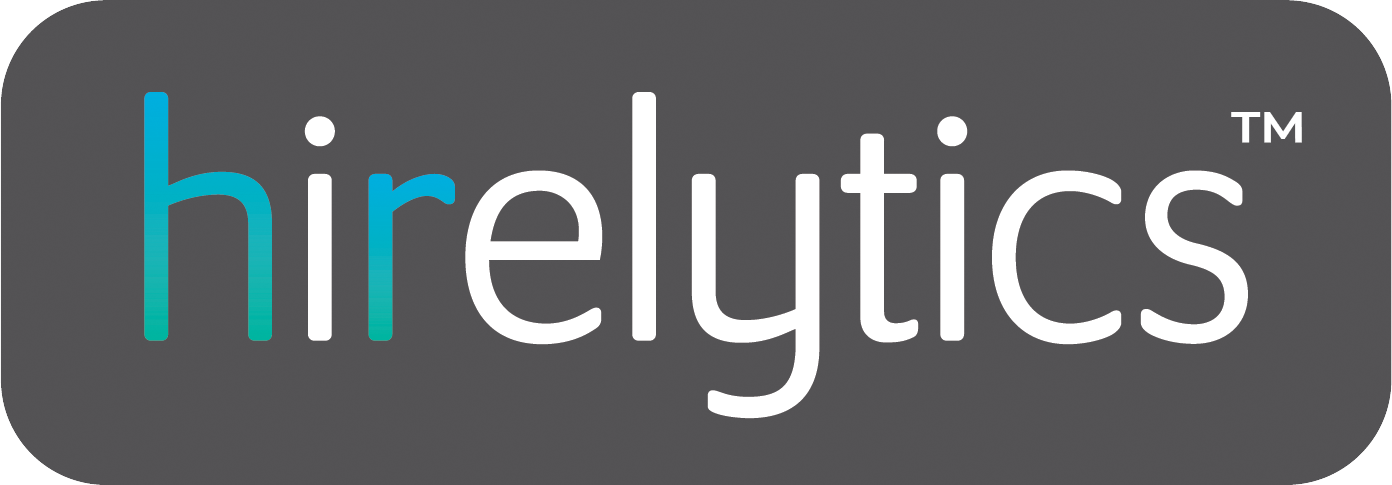Scoring your dream position that’s right for you takes more than a decent college transcript and the ability to set up an eye catching resume.
To win your ideal job in a competitive industry, you’ll need to study up, work on your resume, and understand every step of the process from the inside out.
How is the talent search different across industries?
Many employers are using professional recruitment agencies to qualify and onboard talent. Anytime a company works with a staffing agency, they’ll likely progress through five key stages of the recruitment process:

The typical hiring time for an open position is 23.8 days, but biotech and pharmaceutical companies average 28.1 days to bring on a new employee.
The interview process for high demand positions can be so involved that recruiters dedicate an entire day to each candidate. You may interview with a panel in the morning, continue the discussion over lunch, and, depending on the job you’re applying for, even deliver a presentation about your experience and other relevant material.
What will I be asked in my interview?
As you prepare for your next interview, you’ll want to prepare answers to some of the more common questions asked of recruiters in the specific industry space you’re applying with. Most questions will fall into one of these categories:
- Typical job interview questions like “How do you work in groups?” or “What are your top three weaknesses?”
- Questions that test your knowledge about the company you want to work for, why you want to work for them, and how you can contribute to the company’s core mission or goals
- Questions about your experience including detailed questions about how you conduct research, how you’d handle certain obstacles and challenges, and how you evaluate data
- Personal questions regarding your passion for the industry and professional goals so the interview gets to know you a bit better
What skills are hiring managers looking for?
While hiring managers will look for technical skills that will showcase you as being the best fit for the role, they’re also keeping an eye on soft skills, learn how to assess soft skills.
- Did you show up to your interview on time?
- Are you taking notes in the same organized fashion you would use in a lab?
- Are you able to communicate clearly and concisely?
- Simple things like active listening could score you big points.
What should my resume look like and include?
One of the first things a recruitment firm is going to ask for is a resume. This is your first impression, your calling card so to speak. It needs to be comprehensive and polished and contain the right kind of information.
That means including:
- Education
- Training
- Work history
- Technological, scientific or industry specific skills.
Tip: If you’re using a standard resume template, be sure to add a section that discusses industry-specific software.
You’ll also want to list any publications you’ve authored. Be generous with your accomplishments.
As the demand for talented workers continues to grow, so will your opportunities. To explore your employment options, search for available roles now and what you can expect in the modern workplace.


